Plenary Sessions
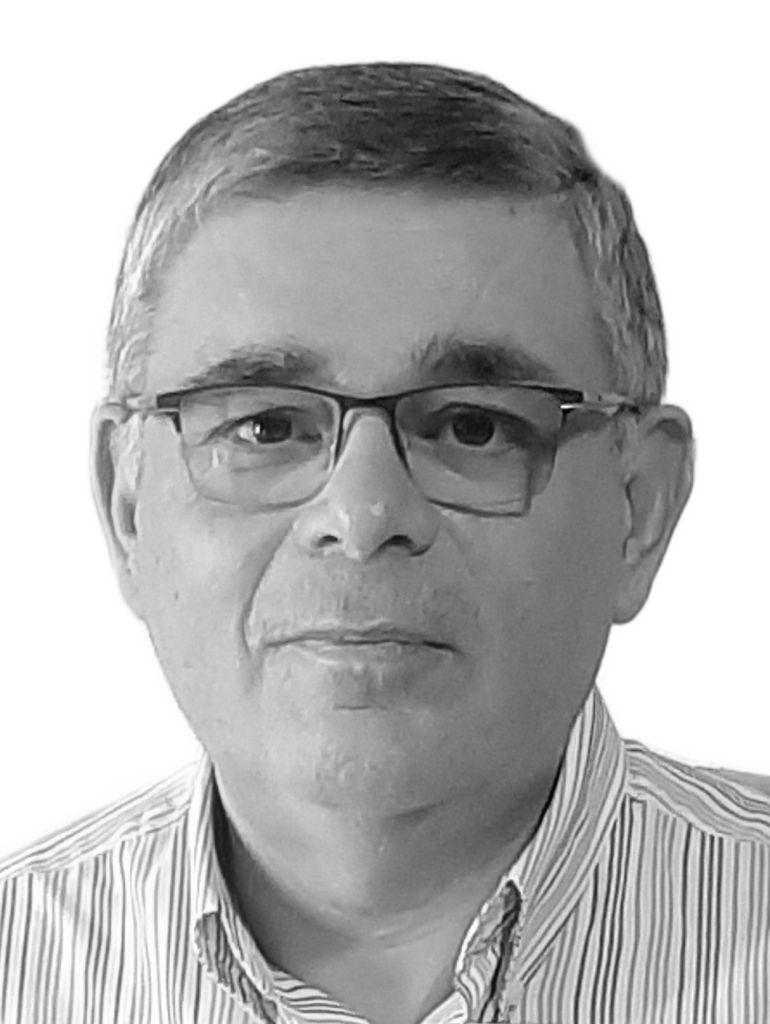
Alfonso Vargas-Sánchez
Full Professor of Business Administration, specialized in Strategic Management and Tourism Management, with extensive academic experience in higher education institutions around the world. He has led the Iberian Circle of Business Economics (a network of border Spanish and Portuguese Universities) for 10 years and has been the founder and editor-in-chief of “Enlightening Tourism: A Pathmaking Journal” for 12 years, listed in Scopus. Spanish researcher on tourism in the Ranking of the World’s Top 2% Scientists (Stanford University, 2022, 2023, 2024), and the top 0.5% worldwide in the field of tourism (ScholarGPS, 2022, 2023, 2024).
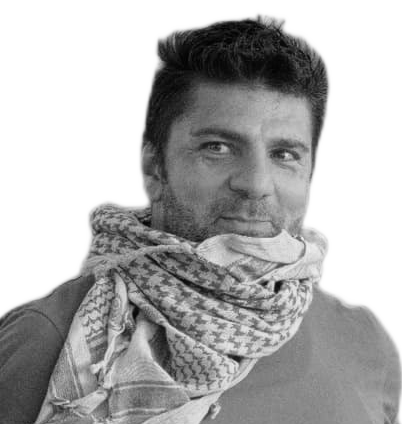
Fabio Carbone
Italian academic, practitioner and humanitarian activist with over two decades of international experience in the fields of tourism, cultural heritage management, and sustainability. He is currently based in the UK, where he is Senior Lecturer at the University Of Northampton (UON), Head of the Special Interest Group “Peace & Development” of the UON Centre for Global Economic and Social Development, and University Lead for the UN Academic Impact (UNAI). His research focuses on the connections between tourism, culture and peace, with scientific and opinion articles published in various languages, and the presence in the major tourism conferences worldwide as invited speaker. Dr. Fabio Carbone was invited in Ukraine in 2023 – in the midst of the war – as an advisor on post-conflict tourism development. He also serves as a Global Peace Ambassador for the International Institute for Peace through Tourism (IIPT), and IIPT special envoy to Iran. He is the founder of the ACADEMICS4GAZA initiative, humanitarian intervention of Education in Emergencies.
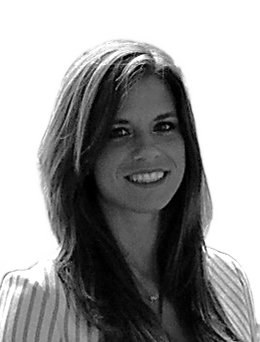
Francesca Nocca
Architect and Researcher in Environmental Economics and Evaluation at the Department of Architecture of the University of Naples Federico II, Italy. From April 2024, she is conducting a research period at the Department of Management in the Built Environment – TU Delft.
From 2018 to 2020, she was a post-doc researcher at DiARC as part of the “Metropolitan Cities: Economic-Territorial Strategies, Financial Constraints, and Circular Regeneration” PRIN project. In 2017, she obtained her Ph.D. in Architecture with a specific curriculum in urban planning and evaluation. Since 2014, she has been conducting research at the International Research Laboratory on the Creative and Sustainable City (DiARC). She has been invited as a speaker at many national and international conferences. She has also been a member of scientific of several national and international conferences, including events as part of World Cities Day and World Habitat Day promoted by UN-Habitat, United Nations. She is the author of many international scientific publications. She is a member of ICOMOS, ISCEC-ICOMOS, SIEV, CESET.
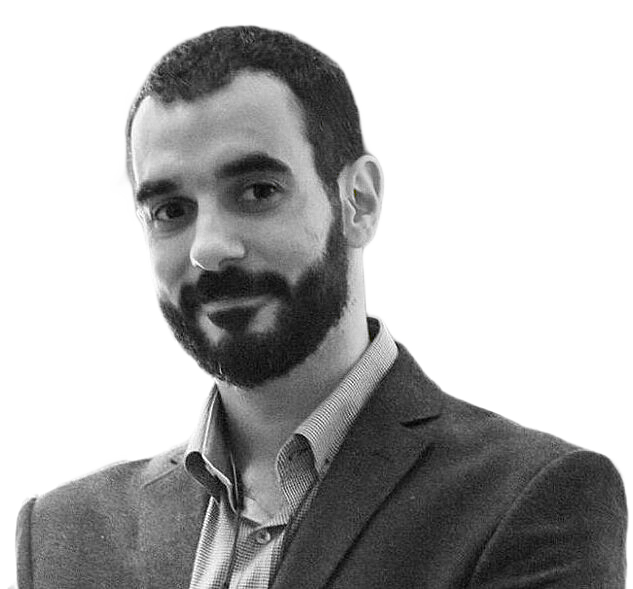
Ioannis Papageorgiou
Dr. Ioannis Papageorgiou graduated from the Law School of Athens. He holds an MSc and a PhD from the University of Edinburgh on Political Sociology and State Theory. He worked as a research associate at the University of the Aegean, and as an adjunct lecturer at the National and Kapodestrian University of Athens. Currently, he is an adjunct lecturer at the University of the Aegean, and at the Hellenic Open University. Since 2013, he has been the Research Director at the Rhodes Centre for History and Social Research. His research interests regard public policy analysis with a particular focus on educational policy and cultural heritage management.
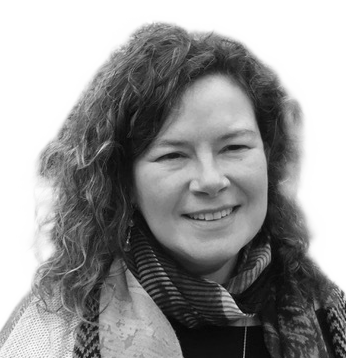
Nancy Duxbury
Senior researcher at the Centre for Social Studies (CES), University of Coimbra, and Coordinator of the interdisciplinary thematic line “Urban Cultures, Sociabilities, and Participation.” She coordinates the Horizon Europe project “IN SITU: Place-based Innovation of Cultural and Creative Industries in Non-urban Areas” (2022-2026), and leads the CREATOUR Observatory on Culture and Tourism for Local Development, which brings together researchers and professionals from the cultural/creative, tourism, and local development sectors in co-learning contexts to advance knowledge and practice. The CREATOUR Observatory builds from the national research-and-application project “CREATOUR: Creative Tourism Destination Development in Small Cities and Rural Areas” (2016-2020). Other research areas include cultural mapping and culture in local sustainable development.

Sandro Carnicelli
Professor of Tourism and Leisure Studies at the University of the West of Scotland and the Deputy Director of the Centre for Culture, Sport, and Events (CCSE). Sandro is a member of the ABRATUR (International Academy for the Development of Tourism Research in Brazil). He currently serves on the Editorial Board of Leisure Studies Journal, and Journal of Adventure Education and Outdoor Learning and CABI Tourism Cases. He is an Associate Editor for Event Management Journal and is currently the Editor in Chief of the World Leisure Journal.
Showcase Sessions
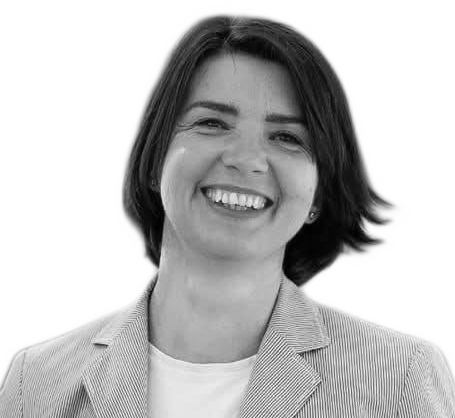
Michaela Türk
Expert in sustainable community development through heritage valorization, with over 24 years of experience in both public administration and the non-governmental sector. She has played a key role in revitalizing multiethnic communities across Transylvania, including Sighișoara and several UNESCO sites. Since 2010, she has been part of the Mihai Eminescu Trust, where she currently serves as Director for Project Development and Implementation. Michaela specializes in project planning, strategic development, and cultural heritage management, working closely with local communities to foster economic and social growth through heritage conservation and innovative initiatives.
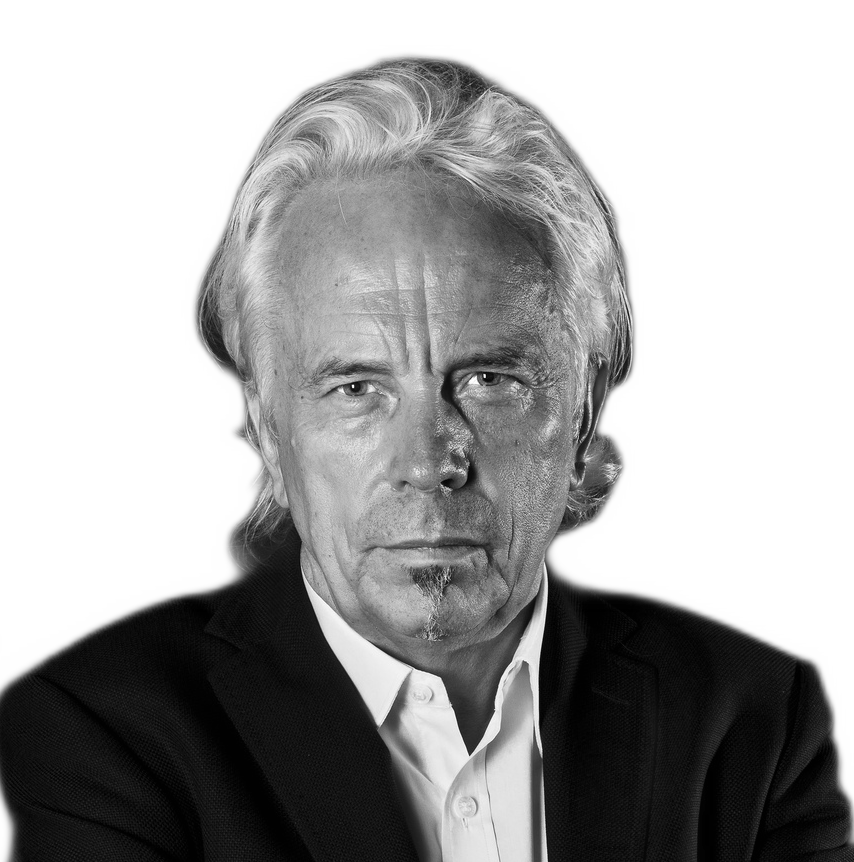
Piotr Gerber
Architect and historian with experience in protecting industrial heritage and modernizing and designing hospitals. Long-time lecturer at the Faculty of Architecture of the Wrocław University of Science and Technology. Author of over seventy scientific publications. Involved in saving industrial heritage in Poland. President of the Polish Committee of TICCIH (The International Committee for the Conservation of the Industrial Heritage), member of the Europa Nostra Industrial and Engineering Heritage Committee.
Founder of the Foundation for the Protection of the Industrial Heritage of Silesia, where he leads the process of saving and adapting industrial facilities important for the economic history of Silesia for museum purposes (Railway Museum in Jaworzyna Śląska, Zinc Metallurgy Museum “Walcownia” in Katowice, Milling Museum “Młyn Hilberta” in Dzierżoniów, Silesian Porcelain Museum in Tułowice, Museum of Agricultural Technology in Piotrowice near Świdnica).
Gerber has also had a significant impact on improving legislation around industrial heritage and is the co-author of conservation guidelines for post-industrial heritage assets that are implemented by the Ministry of Culture and National Heritage in Poland. He also commits to transmitting his knowledge to the next generation by teaching at university level, and together with his team, organising specialist conferences and implementing educational programmes for children and young people in museums.
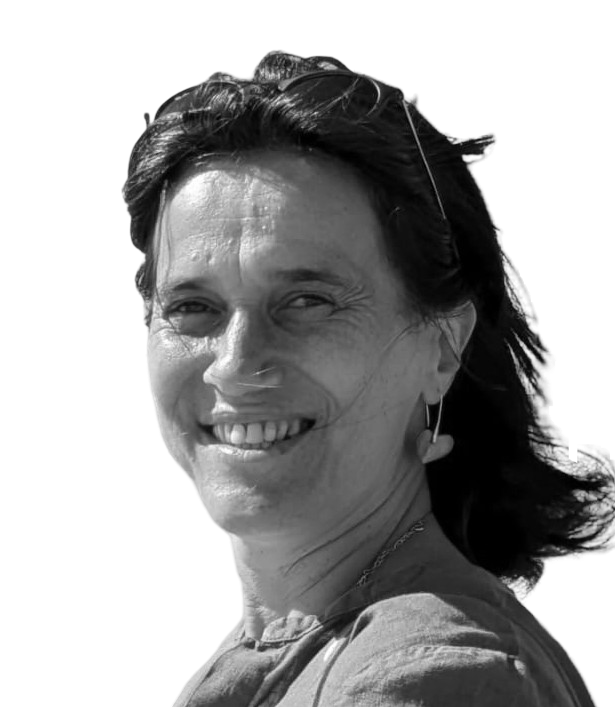
Helena Martelo
Helena Martelo has a bachelor’s degree in marketing and advertising and a master’s in international relations. Throughout her professional career, she has organised a series of initiatives – conferences, training courses, artist residencies and exhibitions – which, in public space, promote open and participatory debate on the role of culture in the development of people, territories and communities. In the last decade she has dedicated herself to Portuguese basketry. She is currently a member of the staff of the Directorate-General for the Arts, part of the Saber Fazer National Programme team, dedicated to research, publishing and dissemination.
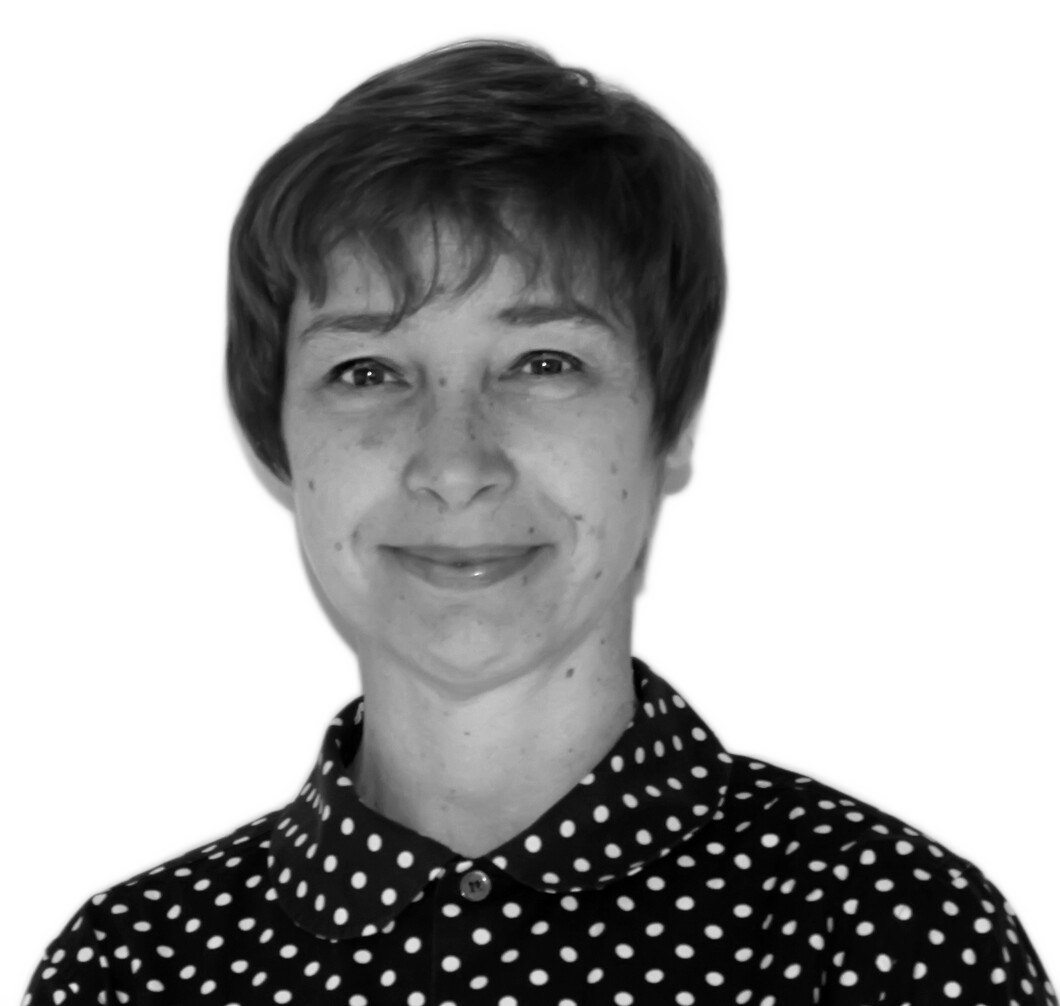
Teresa Ferreira
She is currently the Director of Tourist Resources Dynamization Department in Turismo de Portugal.
Graduation in Sociology, Nova University, Lisboa. Master’s degree in Social Psychology, ISCTE, Lisboa. Working in Turismo de Portugal since 1998, coordinating projects on product development (cultural tourism, active and nautical tourism, industrial tourism, gastronomy, medical tourism, accessible tourism); sustainable tourism; innovation and entrepreneurship programs; financial support to tourism projects in specific incentive systems; representing the Institute in different forums.
Workshops’ Facilitators
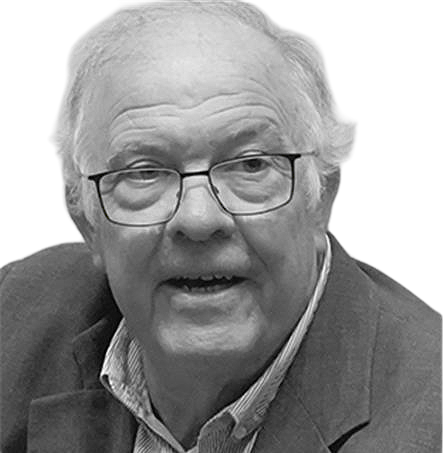
Abílio Amiguinho
Holds a degree in Sociology and a PhD in Education Sciences. He is a retired coordinating professor at the School of Education and Social Sciences of the Portalegre Polytechnic University, where he worked from 1986 to 2021. He is the author of books on education in rural contexts and Alentejo’s rural memories. He is a member of the governing bodies of the Institute of Educational Communities (Portugal) and Portalegre’s Cooperativa Operária, where he takes part in community intervention projects on ageing.
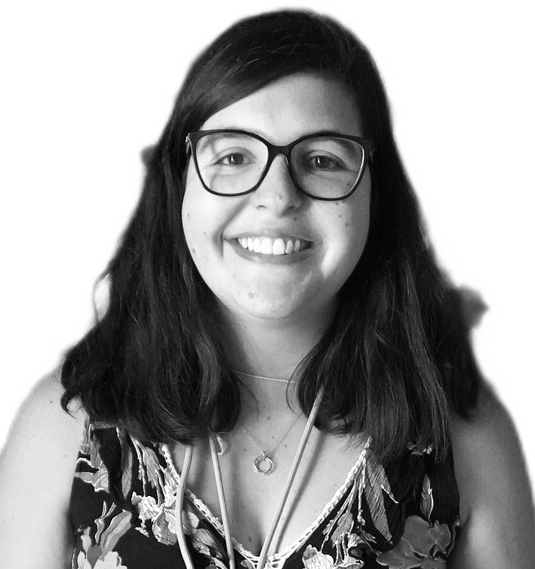
Cláudia Sousa
Graduated in Artistic Studies from the Faculty of Letters of the University of Coimbra (2014); she participated in the Erasmus Exchange Program at the Università degli Studi di Parma (2013-14). She has a postgraduate degree in Artistic Studies – Historical Musicology in Coimbra (2015), and a Master’s degree in Music Teaching from the University of Aveiro (2019), in the variant of Music History.
She began teaching History of Culture and the Arts – Music in 2018, teaching at the North Alentejo School of Arts (Portalegre; Ponte de Sor) and in Abrantes. She participated in the NOVA-FCSH university Summer School in the course “Museology and Music – Musical Artistic Heritage of Portuguese Museums” (2019) and since then has dedicated herself to research in the areas of Musical Iconography and Organology with a special focus on Music in Portuguese tapestry and in Portugal. She is currently an FCT research fellow in the Doctoral Program in Musical Sciences at NOVA-FCSH and is integrated in the Thematic Line of Musical Iconography, in the Music in the Modern Period Group of the Center for the Study of Sociology and Musical Aesthetics at NOVA-FCSH.

Laura Pomesano
Laura Pomesano (ISTAR-Iscte), architect and PhD candidate in Architecture of Contemporary Metropolitan Territories at ISCTE-IUL, focuses her research on interdisciplinary approaches to alternative forms of reuse of industrial heritage and interventions in deindustrialised neighbourhoods. Her work aims to develop urban strategies that counter social displacement, preserve local identity, and discourage the loss of distinctive character in urban spaces. Between 2018 and 2020, she participated in the H2020 European project “Regeneration and Optimisation of Cultural Heritage in Creative and Knowledge Cities (ROCK)”, and from 2023 to 2024, she was member of the project “Transformative Religious Heritage: Bridging Northern and Southern European Approaches (Transheritage)”, funded by EEA Grants (Norway).
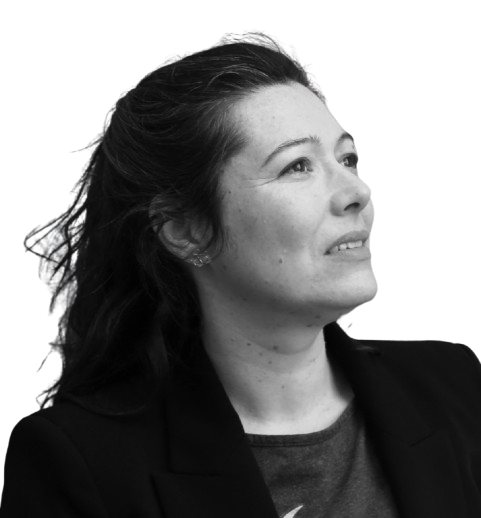
Leonor Medeiros
Archaeologist based in Lisbon, Portugal, and assistant professor at the Faculty of Social Sciences and Humanities of the NOVA University of Lisbon (NOVA FCSH). With a PhD in Heritage and Industrial Archaeology from Michigan Technological University (USA), and Master in Heritage Management from the Ironbridge International Institute of Cultural Heritage (UoB, UK), she has been focused on research in the fields of heritage inventories, documentation of built heritage, and cultural landscapes, in connection with post-industrial communities. She can also be found engaging in science communication activities and was the national winner of Famelab in 2011. She is an integrated researcher at CHAM – Center for the Humanities, President of APAI – Portuguese Association of Industrial Archaeology, and member of the Board of TICCIH – The International Committee for the Conservation of Industrial Heritage.
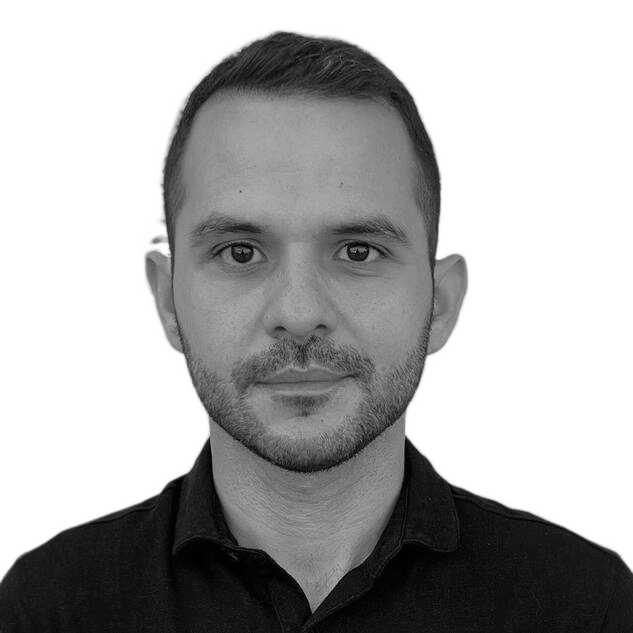
Rolando Volzone
Rolando Volzone is an architect specializing in building rehabilitation and a researcher at DINÂMIA’CET-Iscte, focusing on religious heritage in Southern Europe. His studies combine History, Architecture, Computer Science, and Public Policies. Since 2022, he has been an Assistant Professor in Master’s and Ph.D. programs in Portugal and Italy and coordinates the international conferences “Arquitecturas da Alma.” He has participated in projects such as “CONVEMOS” and “F-ATLAS” and currently leads the transHERITAGE project. He is a member of ICOMOS Portugal, international scientific committees, and the Scientific Council of the Future for Religious Heritage (FRH) network. Author and editor of scientific publications.

Telmo Lopes
Lecturer at the Polytechnic Institute of Portalegre and a PhD candidate in Art History at the University of Évora/CHAIA. He has a Master’s degree in Urban Design from the University of Barcelona and graduated in Visual Arts from the University of Évora on a merit scholarship. His research focuses on the interaction between contemporary artists and the Portalegre Tapestry Manufactory. With more than 25 years of creative and literary activity, he has combined management positions in cultural organizations and contributions to international research centers with teaching and artistic production. Her practice integrates interdisciplinary crossings between sound, image and contemporary artistic practices.